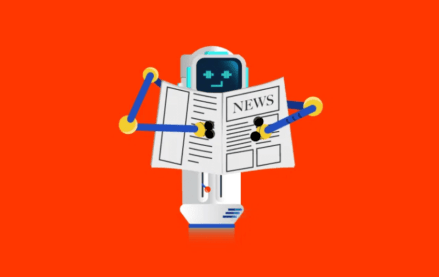
This article is a WTF explainer, in which we break down media and marketing’s most confusing terms. More from the series →
Publishers have a new tool in their efforts to limit AI’s threat to their businesses. And it’s from the company behind one of the predominant threats.
In August, OpenAI announced that website owners can now block its GPTBot web crawler from accessing their webpages’ content. Since then, 12% of the 1000 most-visited sites online have done so, according to Originality AI. The list of sites shutting themselves off to OpenAI’s web crawlers includes publishers such as Bloomberg, CNN and The New York Times.
As Digiday has covered, publishers have had a hard time protecting against generative AI tools like ChatGPT sidestepping their paywalls and siphoning their content to inform the large language models. OpenAI’s announcement, however, makes that undertaking much easier.
For those unfamiliar with what a web crawler like OpenAI’s GPTBot is, not to mention how websites are able block their access, check out the explainer video skit below.
More in Media

Podcast companies turn to live events to capture growing advertiser spend
The surge in the number of live podcast events in 2025 reflects a broader shift: advertisers are betting bigger on podcasts — not just as an audio channel but as a full-fledged creator economy play.

Media Briefing: ‘Cloudflare is locking the door’: Publishers celebrate victory against AI bot crawlers
After years of miserably watching their content get ransacked for free by millions of unidentified AI bot crawlers, publishers were finally thrown a viable lifeline.

How Vogue could navigate potential industry headwinds as Anna Wintour — who agency execs say made ad dollars flow — brings on new edit lead
Anna Wintour’s successor at Vogue will have to overcome the myriad of challenges facing fashion media and the digital publishing ecosystem.






